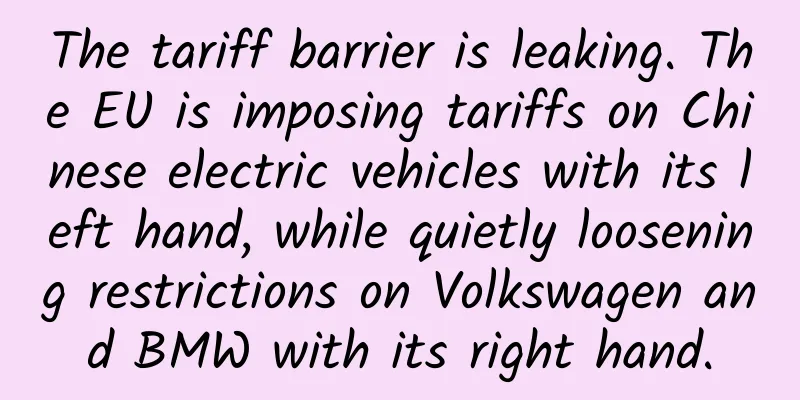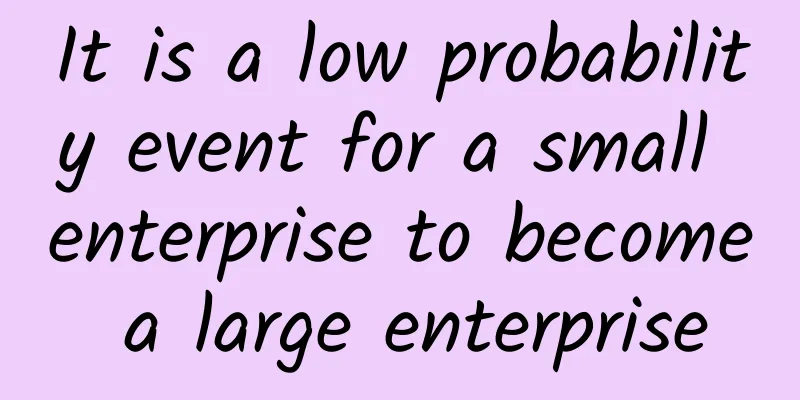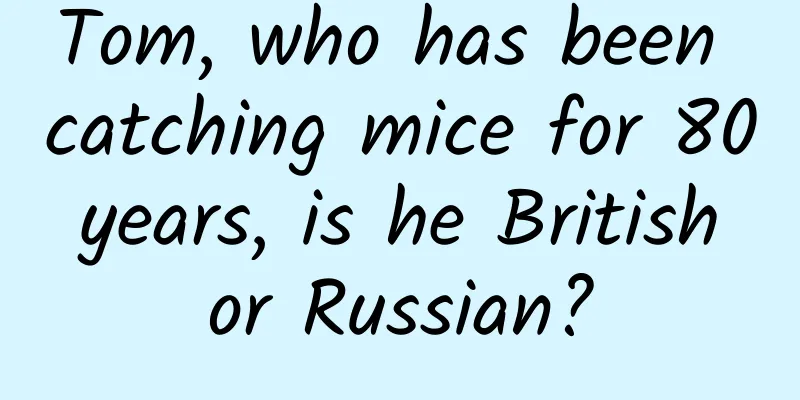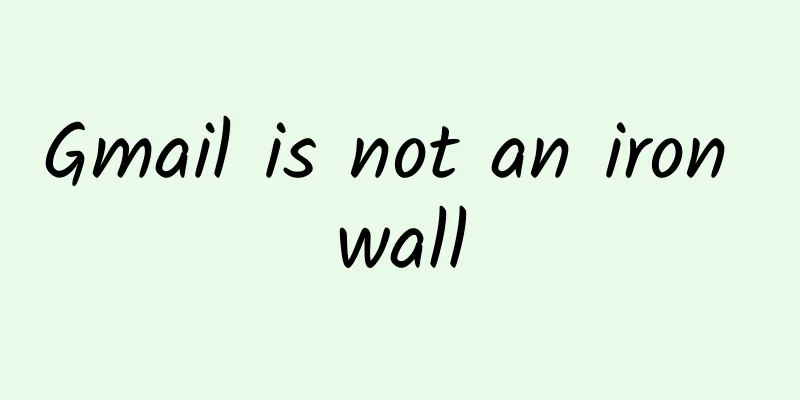The tariff barrier is leaking. The EU is imposing tariffs on Chinese electric vehicles with its left hand, while quietly loosening restrictions on Volkswagen and BMW with its right hand.

|
The EU's imposition of tariffs on Chinese-made electric vehicles has been a hot topic for some time, and now it seems to be fast-forwarding. In international trade, there is actually no such thing as an iron wall. The United States and the European Union have imposed sanctions on Russia for several years, but its oil and natural gas still continue to flow into the European and American markets. The same is true for cars, where compromises can be made. Recently, it was reported that the EU is considering significantly reducing import tariffs on two models produced in China by BMW and Volkswagen, opening a small vent in the hard tariff barrier. As we all know, Germany has been fiercely opposed to Brussels's imposition of tariffs on Chinese electric vehicles. Now there is a hope that a hole will be opened in the barrier, which is most likely the result of Germany's pressure on the EU. Germany is a core country in the EU. Even if there is no way to prevent the implementation of temporary tariff measures, other countries must consider its attitude. The two manufacturers exempted this time are both large German automakers. The two models that are expected to be exempted are Volkswagen's SEAT Cupra Tavascan and BMW's MINI Cooper, both of which are produced in China and exported to the EU market. According to the latest tariff measures, these two models exported from China to the EU need to pay a tariff of up to 37.6%; after the exemption, it may be reduced to 20.8%. SEAT Cupra Tavascan is unfamiliar to many consumers, but you should be familiar with its name in the Chinese market: ID.UNYX, which was just launched on July 17. This car is produced by Anhui Volkswagen and is planned to be exported to the European market. According to official statements, this car will be delivered to European users after the summer. It is worth mentioning that Anhui Volkswagen is the gold-label Volkswagen created by Volkswagen in China. Volkswagen holds a 75% stake and has absolute control. The MINI Cooper is produced by Brighton Automotive, a joint venture between BMW and Great Wall. In other words, after failing to oppose the temporary tariff measures, the Germans discovered a "system bug" after careful research: the EU's tax increase measures targeted electric vehicles produced in China by Chinese manufacturers, but these two models were produced in China by "Sino-foreign joint ventures" and did not violate relevant EU regulations, so they could enjoy special treatment. The latest news shows that the EU intends to classify these joint ventures as "cooperative companies" and implement a separate tax rate of 20.8%. Germany pushed the EU to take this measure, of course, for its own interests. Why did Volkswagen and BMW choose to go far away and place the production capacity of some new energy vehicles in China, and then take a big detour to ship them back to Europe for sale? Judging from this layout, they really have experts in their company who can make plans and win battles thousands of miles away, and they can not only see the key issues accurately, but also see far ahead. Being able to foresee clearly means that they bet on China early on and tied up with China's top new energy vehicle industry chain in the world to achieve low cost and high efficiency; being far-sighted naturally means that they should have also taken into account the bizarre policies that may emerge in the European Union, and are willing to go around the Cape of Good Hope in order to export their products back home. Tesla is very experienced in this regard. So far, among the multiple super factories built by Tesla around the world, only the Shanghai factory has not encountered various troubles; while its Berlin factory has been plagued by various problems such as land acquisition, power outages, and environmental protection, which made Musk miserable. With the help of China's huge and mature industrial chain, Tesla's localization rate has reached nearly 100%, and it is still selling well around the world. Volkswagen and BMW said they want to learn from Tesla's experience. By producing in China at low cost and exempting from additional tariffs, the competitiveness of Volkswagen and BMW's electric vehicles in the EU market will be greatly enhanced. Germany's efforts to find loopholes in the EU's tax increase policy may be a major move. Electric vehicles produced by joint ventures established in China will not be subject to such high tariffs. Once this becomes a trend, other EU manufacturers will accelerate their investment and establishment of factories in China, or seek some partners to form joint ventures. In this way, on the one hand, these joint ventures can take advantage of their proximity to the strong demand in China's new energy market; on the other hand, they can also turn around and attack the EU market to minimize the impact of the tariff policy. The EU's imposition of tariffs on Chinese electric vehicles is nothing more than an attempt to force Chinese manufacturers to invest and set up factories in the EU and obtain technology diffusion from Chinese manufacturers; however, if EU manufacturers set up various joint ventures in China, can't they also obtain technical support from Chinese companies? As long as this logic is understood, everything else will be easy. German automakers have been deeply involved in China for many years, strongly oppose the imposition of tariffs, and have good relations with the Chinese government, so their investment in China will be much smoother. France and French automakers, which have been pushing for additional tariffs on China, will be at a disadvantage in this competition. Chinese manufacturers such as BYD have invested in countries such as Hungary and Turkey, and companies such as Volkswagen and BMW have set up factories in China. Everyone is making money together, making progress together, and promoting the development of new energy vehicles together. Some EU countries and politicians are probably stunned by this change. They have imposed tariffs, but it seems to be useless. I wonder who they are jumping up and down for? The whole world knows about the EU’s little tricks. The purpose of imposing additional tariffs is to temporarily protect the EU's domestic auto industry, and at the same time hope that Chinese manufacturers will set up factories in the EU to provide technology exports and job opportunities. The EU's goal is still to move towards new energy vehicles, but because the gap between itself and China is too big, it has resorted to this last resort. Interestingly, in addition to the two models from Volkswagen and BMW, Tesla's electric vehicles produced in China and exported to the EU also subject to a separate tax rate, which the industry believes is around 20.8%. When BMW, Volkswagen, and Tesla can all bypass this barrier through various methods, won't other manufacturers follow suit? Musk is a man who dares to speak, act and get things done. After the EU temporarily increased tariffs on China, Tesla quickly raised the price of the China-made Model 3 in Germany, the Netherlands and Spain by 1,500 euros. In addition to demonstrating to the EU, it also let EU consumers know that increasing tariffs will only harm their own interests. So far, no other EU manufacturers have been exempted, but Volkswagen and BMW have been exempted. So why can't other manufacturers be exempted? Among the mainstream manufacturers, which one does not have a joint venture in China? The EU's tariffs on Chinese electric vehicles are temporary and valid for four months. In four months, the possibility of the EU surpassing China in electric vehicle technology and scale is zero, so this tariff is likely to become permanent, but there are countermeasures for every policy, and those manufacturers who are unwilling to be subject to tariffs will find ways to safeguard their own practical interests. Some time ago, Turkey also followed the EU's lead and imposed a one-time 40% tariff on Chinese cars. However, after BYD promised to invest US$1 billion to build a factory in Turkey, Turkey quickly canceled this policy, and BYD and Türkiye are happily playing together again. There are still four months before the tariffs are officially implemented. During this period, China-EU relations will be affected by the election on the other side of the Atlantic. After the shoe lands, will countries such as Germany and Hungary that hope to cooperate with China, as well as manufacturers such as BMW, Mercedes-Benz, and Audi that make a lot of money in China, find more "vents" on the tariff issue and completely "hollow out" the policy of imposing tariffs? Everything is actually traceable. As a winner of Toutiao's Qingyun Plan and Baijiahao's Bai+ Plan, the 2019 Baidu Digital Author of the Year, the Baijiahao's Most Popular Author in the Technology Field, the 2019 Sogou Technology and Culture Author, and the 2021 Baijiahao Quarterly Influential Creator, he has won many awards, including the 2013 Sohu Best Industry Media Person, the 2015 China New Media Entrepreneurship Competition Beijing Third Place, the 2015 Guangmang Experience Award, the 2015 China New Media Entrepreneurship Competition Finals Third Place, and the 2018 Baidu Dynamic Annual Powerful Celebrity. |
<<: The "fall" of Western Digital Blue Disk: it actually slowed down to 5400 rpm!
>>: 26 Great CPU Overclocking Tools in History
Recommend
A brief analysis of the 7 types of super traffic content
What kind of content can attract users' atten...
Will the lake on the "Roof of the World" expand by 50%? More water is not necessarily a good thing...|Expo Daily
Lakes on the Qinghai-Tibet Plateau are expected t...
Why are more and more mobile phones giving up memory card slots?
Maybe you have noticed that there are fewer and f...
Why is it that no one is interested in the product even though we have exhausted all kinds of marketing methods?
I have learned all kinds of clever marketing tech...
Fishing skills, professional fishing video tutorials, fishing experts teach you how to master fishing skills, fishing video skills tutorials, practical fishing skills
Fishing skills, professional fishing video tutori...
A good project to start a factory with a thousand yuan investment (investing several thousand yuan to open a rural laundry detergent processing factory), one person starts a factory with a thousand yuan investment
Hi everyone, we meet again. Thank you all for you...
Apple's "Year of the Dragon" phone case sparks heated discussion! Dragon descendants, here's what you need to know →
Editor: Gong Zixin Recently, Apple launched a &qu...
Magical device or hidden danger? Clearing up the mystery surrounding humidifiers
Whether it is central heating in the north or ele...
What is the difference between a company’s own bidding promotion and bidding hosting?
What is the difference between a company’s own bi...
Strategy for building an APP user incentive system
In product operation, the user incentive system i...
How much battery power is left in a mobile phone when charging it?
As more and more mobile phone software is used, t...
Deng Shao: Analysis of the overall situation and new business forms of the OTT industry in 2015
In 2015, OTT continued to move in the same direct...
The inside story of Android creator's farewell to Google
Who is Andy Rubin? He is a great man who named th...
Special report from Electric Technology: With the phenomenon of idle players brushing BP rampant and the number of online users exceeding 900,000, can PlayerUnknown's Battlegrounds continue to be popular?
Players online in PlayerUnknown's Battlegroun...
Zhihu App product operation experience analysis report!
From a niche elite community to a knowledge mento...









